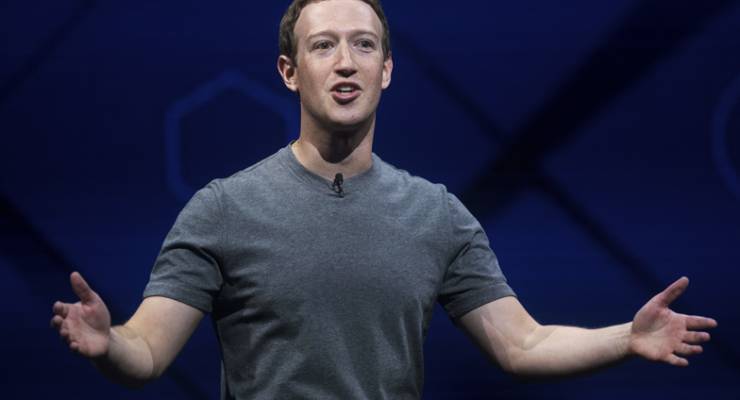
Fake news has now claimed its biggest trophy after Facebook announced last Friday that it was scaling the news down in its News Feed.
According to Facebook CEO Mark Zuckerberg, “you can expect to see more from your friends, family and groups … [and] less public content like posts from businesses, brands, and media.”
In a statement released at the same time, Facebook’s News Feed Head, Adam Mosseri, cautioned: “Because space in News Feed is limited, showing more posts from friends and family and updates that spark conversation means we’ll show less public content, including videos and other posts from publishers or businesses.”
For media organisations, this is bad news. Facebook has been the primary source of audience referrals juicing online revenues by boosting audience numbers and the advertising dollars that those numbers deliver.
Publishers sweat blood to cope with the vagaries of the Facebook algorithm to trigger those clicks. For example, it’s only a little over a year since all publishers were, more or less, required to scale up for video when Facebook made it a priority.
Most affected will be those largely new media players who have designed a strategy around gaming social media to make their stories viral, drawing page views to charge advertisers.
Zuckerberg’s announcement didn’t come out of the blue. Facebook really doesn’t want to be a publisher. Although it is the dominant communications platform in the world, it’s gotten nothing but grief from its news feature — ranging from a supposed progressive bias in its “trending topics” in 2015, to being blamed as a vector for white supremacist fake news in 2016.
As a result, following the election of Donald Trump, Facebook has been tweaking feeds to shape or reduce news posts, both fake and otherwise. They’ve trialled blocking reports identified as false and linking questionable stories to more factually correct reports.
In October, Facebook chose six countries to trial the sequestration of news into a separate “Explore” tab, similar to the Snapchat model. Journalists in affected countries reported audience drops of over 60%.
In his statement, Mosseri stressed that Facebook is not applying the Explore model to other markets. But by prioritising posts from family and friends, media reports are already largely absent from the feed of casual news consumers.
According to the US digital analytics company Parse.ly, by December Facebook was providing about 26% of referrals to media organisations. As a result of these tweaks, this was down from 40% 12 months earlier. Still, losing that remaining 26% will hurt.
In Australia, total unique page view numbers have been going, at best, sideways for some time, (although this has also been affected by paywalls). The most recently released Nielsen digital ratings show significant month-on-month declines for most news sites. The more an organisation relies on social media clicks, the more likely they are to suffer.
And the biggest losers will be those organisations — either publishers or brands — that use the platform more or less as an undifferentiated broadcast medium. We could get to a situation where no one will see content put on a Facebook page, unless they specifically go looking for it — and we all know how likely that is.
Facebook, no doubt, hopes this will push businesses towards advertising, rather than posting and, given the promised limits on the proportion of ads in feeds, may push up costs.
For journalists, the Facebook changes will force us all to be more social in our media, to think more about journalism as a dialogue, rather than simply one story after another, once an hour or once a day. Journalism that generates “conversations” — particularly comments, rather than likes or simple shares — are more likely to break though the algorithm, although, Facebook cautions “engagement-bait” will be down-ranked (and who’ll be sorry about that?).
Losing the Facebook drip-feed of audience numbers marks the point where the nexus between advertising and journalism is broken for good.
Perhaps it can also mark the point where journalism is freed from the tyranny of casual click-throughs to concentrate on telling stories to people who want to hear — and are prepared to pay for them.








Those who live on Farcebuch, will die on it. Unfortunately not soon enough.